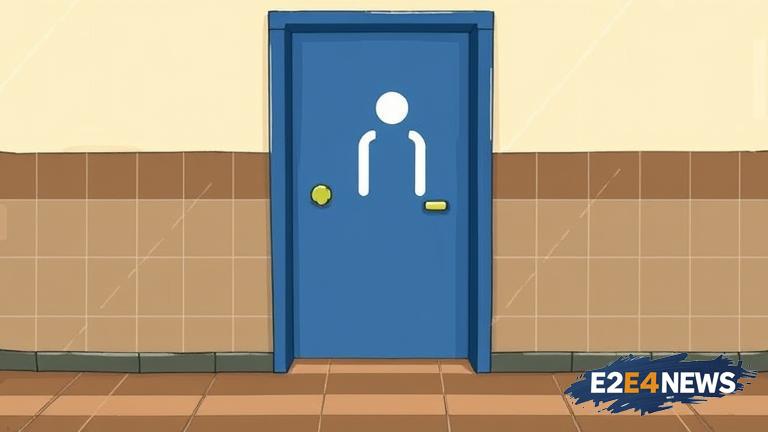A recent lawsuit has been filed in Idaho, challenging the state’s restrictions on single-sex campus restrooms. The lawsuit, which was filed by a group of students and advocacy organizations, claims that the restrictions discriminate against transgender students and violate their rights under the US Constitution. The restrictions, which were implemented in 2020, require that all public schools and universities in Idaho provide separate restrooms for male and female students, and prohibit schools from allowing students to use restrooms that do not align with their biological sex. The lawsuit argues that these restrictions are unconstitutional and violate the rights of transgender students, who may not identify with the sex they were assigned at birth. The plaintiffs in the case claim that the restrictions have caused them significant harm and distress, and have forced them to use restrooms that do not align with their gender identity. The lawsuit also claims that the restrictions are not necessary to protect the privacy or safety of other students, and that they are based on outdated and discriminatory stereotypes about transgender people. The case has sparked a heated debate about the rights of transgender students and the role of government in regulating access to public facilities. Supporters of the restrictions argue that they are necessary to protect the privacy and safety of all students, while opponents argue that they are discriminatory and violate the rights of transgender students. The lawsuit is the latest in a series of challenges to similar restrictions in other states, and is being closely watched by civil rights advocates and educators across the country. The outcome of the case could have significant implications for the rights of transgender students in Idaho and beyond. The lawsuit has also highlighted the need for greater understanding and acceptance of transgender people, and the importance of creating inclusive and welcoming environments for all students. The case has sparked a national conversation about the importance of protecting the rights of marginalized communities, and the need for policymakers to prioritize the needs and well-being of all students. The plaintiffs in the case are seeking a court order that would block the enforcement of the restrictions, and are also seeking damages for the harm they have suffered as a result of the policy. The case is expected to be heard in federal court in the coming months, and could potentially be appealed to the US Supreme Court. The lawsuit has been filed on behalf of several students who attend public schools and universities in Idaho, and is being supported by a number of advocacy organizations, including the American Civil Liberties Union and the National Center for Lesbian Rights. The students who are party to the lawsuit have reported feeling anxious and stressed about using restrooms that do not align with their gender identity, and have said that the restrictions have made them feel like they do not belong in their schools. The lawsuit has also highlighted the importance of providing supportive and inclusive environments for all students, and the need for educators and policymakers to prioritize the needs and well-being of marginalized communities. The case has sparked a heated debate about the role of government in regulating access to public facilities, and the extent to which policymakers should prioritize the needs and rights of different groups. The lawsuit is the latest in a series of challenges to similar restrictions in other states, and is being closely watched by civil rights advocates and educators across the country. The outcome of the case could have significant implications for the rights of transgender students in Idaho and beyond, and could potentially set a precedent for similar cases in other states. The case has also highlighted the need for greater understanding and acceptance of transgender people, and the importance of creating inclusive and welcoming environments for all students. The lawsuit has been filed in response to a law that was passed in 2020, which requires that all public schools and universities in Idaho provide separate restrooms for male and female students. The law also prohibits schools from allowing students to use restrooms that do not align with their biological sex, and provides for penalties for schools that fail to comply with the restrictions. The plaintiffs in the case argue that the law is unconstitutional and violates the rights of transgender students, and are seeking a court order that would block its enforcement. The case is expected to be heard in federal court in the coming months, and could potentially be appealed to the US Supreme Court.
